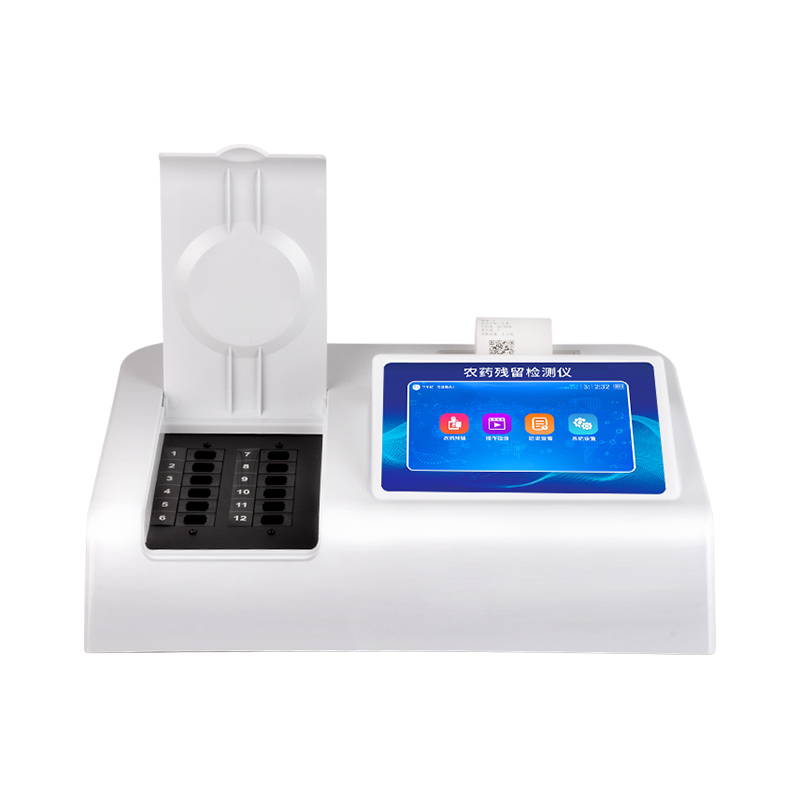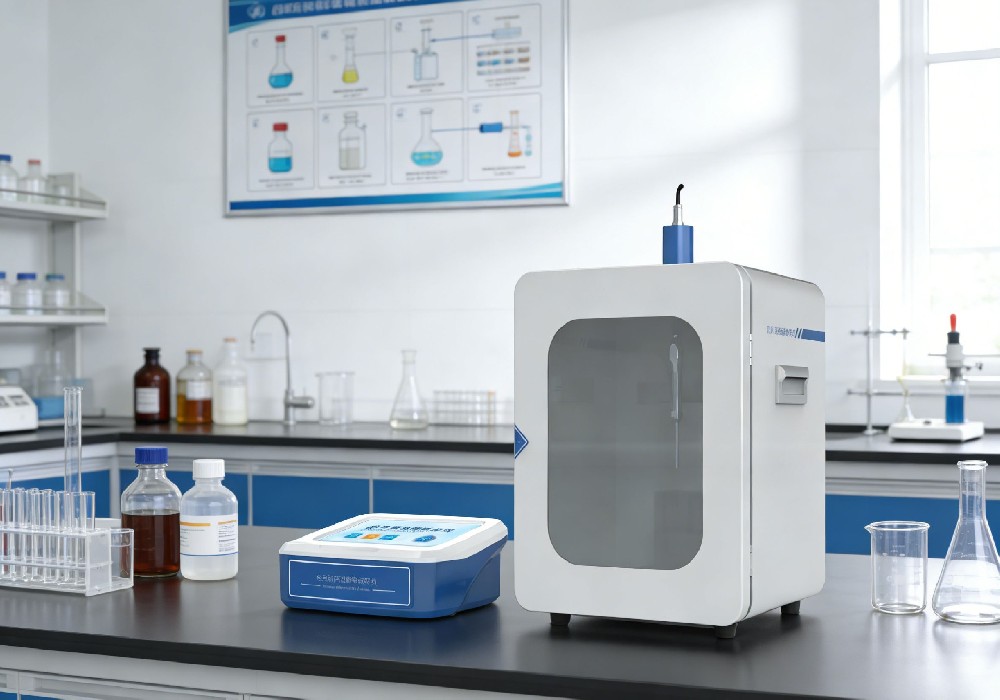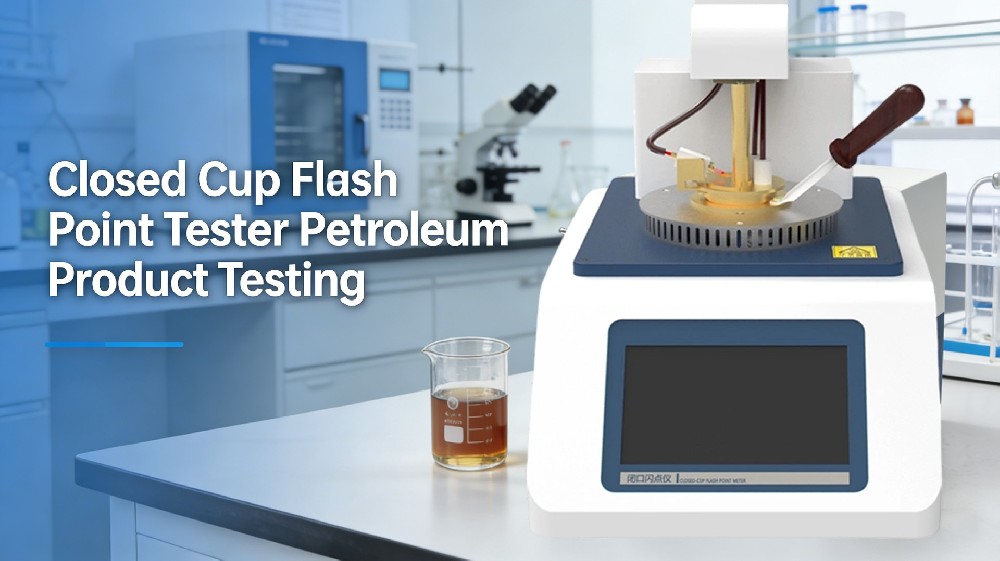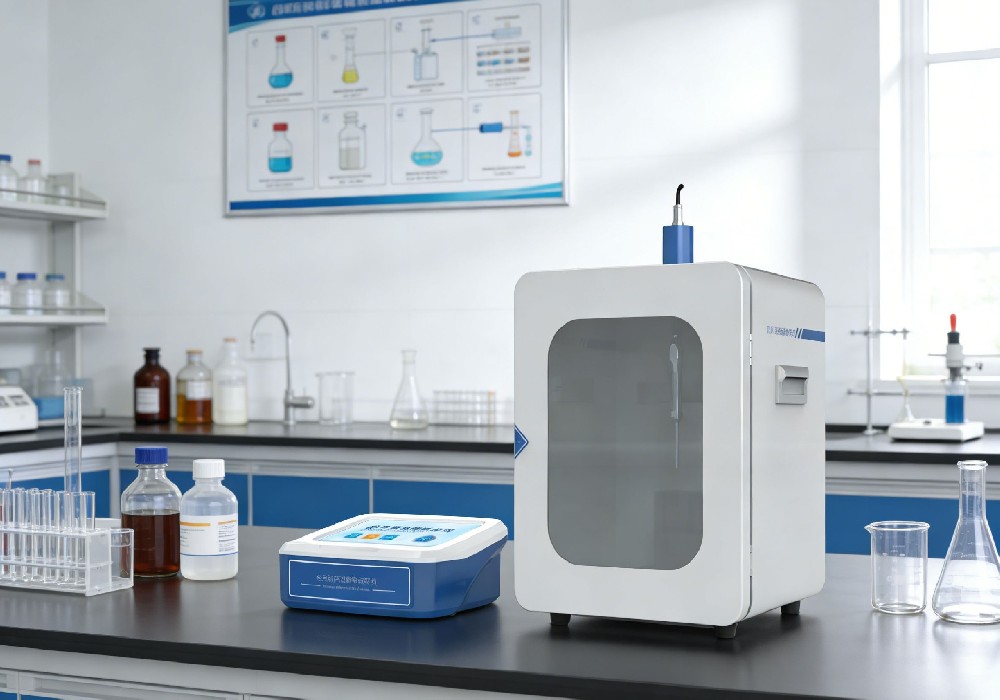High-Precision Pesticide Residue Rapid Detector—Compliant with National Standards, Essential for Farmers' Markets and Supermarkets!
The Lanende High-Precision Pesticide Residue Rapid Detector, positioned as "compliant with national standards and essential for farmers' markets and supermarkets," has become a key tool in ensuring food safety due to its accurate detection capabilities and user-friendly operation. The following analysis covers four dimensions: technical compliance, functional advantages, application scenarios, and market value.

I. Technical Compliance
Compliance with National Standards
The instrument strictly adheres to the Chinese National Standard GB/T 5009.199-2003, utilizing the enzyme inhibition rate colorimetric method to detect organophosphorus and carbamate pesticide residues. The detection results are legally valid.
Alignment with International Standards
The design references the residue limit standards set by the World Health Organization (WHO), the Food and Agriculture Organization (FAO), and the U.S. Environmental Protection Agency (EPA), ensuring that detection results are internationally comparable.
II. Functional Advantages
High-Precision Detection
Detection sensitivity reaches 0.1 mg/kg, enabling accurate identification of low-concentration pesticide residues.
Repetitive error ≤5%, ensuring consistency in batch detection results.
Multi-Channel Parallel Operation
Supports 12–20 detection channels running simultaneously, with a single detection time of only 3 minutes, meeting the high-throughput detection needs of farmers' markets and supermarkets.
Intelligent Operation
Built-in menu database with 100+ vegetable names, supporting custom additions and edits.
Automatically determines sample compliance and directly prints results (including inspector, time, institution, and other information).
Data Management
Enables remote data transmission via WiFi or 4G signals, supporting real-time synchronization with computers and mobile devices, facilitating traceability and statistical analysis by regulatory authorities.

III. Application Scenarios
Farmers' Markets
Conduct daily random inspections of incoming agricultural products to prevent pesticide residue超标 (exceeding the standard) products from entering the market.
Consumers can visually check detection results, enhancing shopping confidence.
Supermarket Supply Chains
Perform pre-storage inspections of purchased fruits and vegetables to ensure food safety.
Print detection reports as traceability certificates, enhancing supermarket credibility.
Catering Enterprises
Schools, canteens, and other group dining facilities can conduct self-inspections on ingredients to ensure food safety.
Reduce the risk of food safety incidents caused by pesticide residues.
IV. Market Value
Improved Regulatory Efficiency
Rapid screening capabilities enable regulatory authorities to cover more inspection points, reducing manual inspection costs.
Protection of Consumer Rights
Real-time publication of detection results enhances consumer trust in food safety.
Promotion of Agricultural Standardization
Encourages standardized pesticide use among agricultural producers, promoting the development of green agriculture.
Significant Economic Benefits
The cost per detection is lower than laboratory testing, and long-term use reduces economic losses caused by food safety risks.
The Lanende High-Precision Pesticide Residue Rapid Detector, with its compliance with national standards as the technical foundation, meets the detection needs of farmers' markets and supermarkets through innovative features such as multi-channel operation, intelligent functionality, and remote data transmission. Its efficiency, accuracy, and convenience provide not only technical support for food safety regulation but also a solid line of defense for consumers' "safety on the tip of the tongue," making it an indispensable part of the modern food safety management system.
 PrevFrom "Blind Detection" to "Instant Location": Core Technologies and Application Breakthroughs of Cable Fault Detectors
PrevFrom "Blind Detection" to "Instant Location": Core Technologies and Application Breakthroughs of Cable Fault Detectors NextWhere to Buy Veterinary Drug Residue Detectors (After-Sales Service)
NextWhere to Buy Veterinary Drug Residue Detectors (After-Sales Service)
Recent Articles

Lanende’s Ultrasonic Cell Disruptor Powers Cross‑Industry Innovation with Precise, Efficient Sample Processing

Lanende Launches Fully Automated Closed‑Cup Flash Point Meter, Marking New Milestone in Safety Analysis Capabilities

Lanende Launches Split-Type Ultrasonic Cell Disruptor – Empowering Life Science Research and Industrialization with Precision



